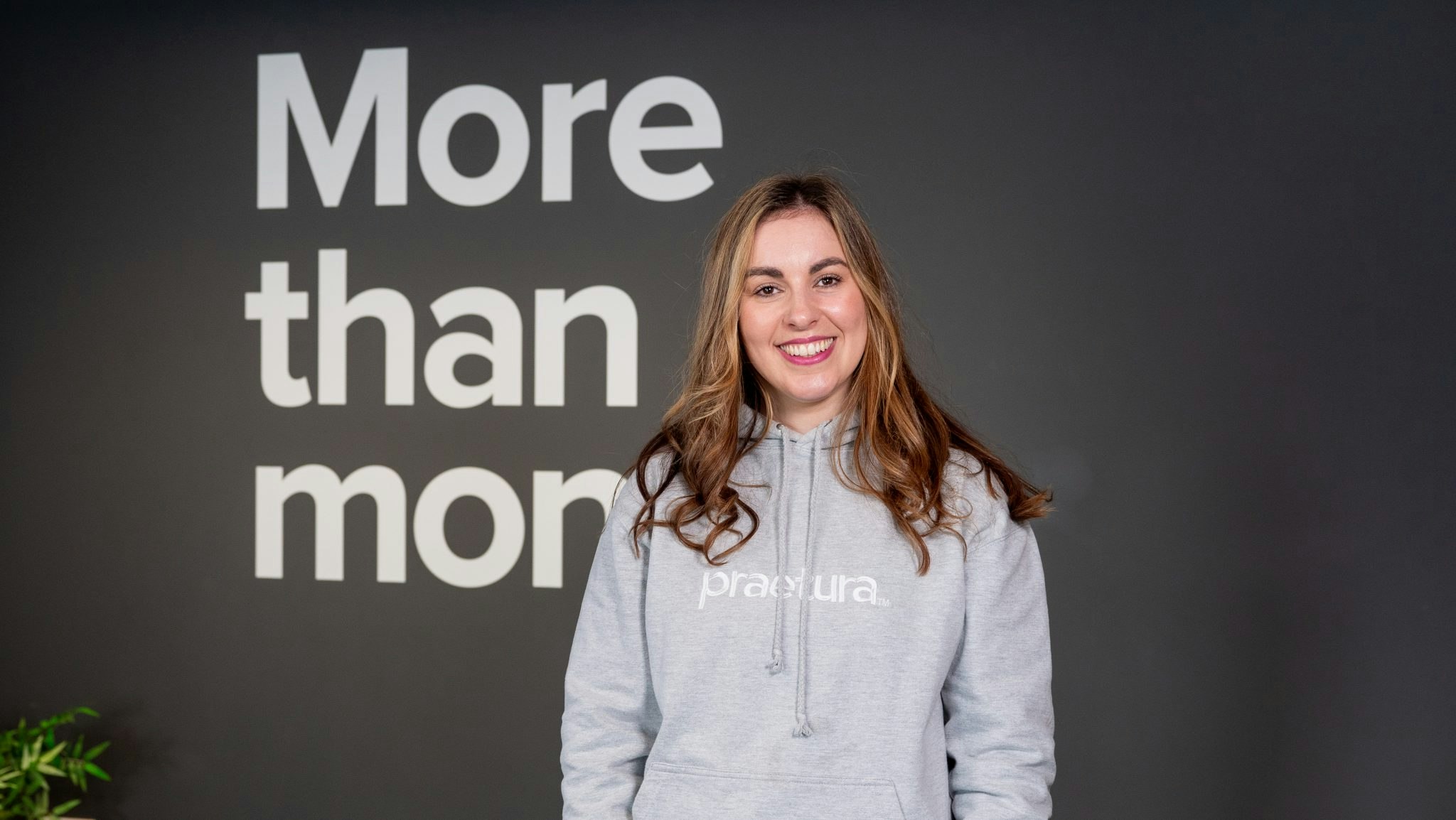Good news for first-time VC fund managers — there’s another new fund of funds in Europe specifically looking to back investors on their first rodeo.
London-based Thema plans to write cheques of up to £5m into three to four first-time funds each year. Cofounder Sam Ettelaie says it’s happy to be the very first cheque into a fund too — unlike many other fund of funds.
It has just one backer — a western European family office — and wants to get the kind of people who are underrepresented in the ranks of VC into fund management, says Ettelaie. He previously worked at the British Business Bank, the biggest LP in UK VC.
And what does Thema get for taking a risk on an untested manager? A 15-20% stake in the VC management company — the firm that runs the fund(s) a VC raises.
GPs will have the flexibility to buy Thema out of its position at any point in time with a set of pre-agreed terms.
What Thema’s looking for
Emerging managers (those on funds one to three) tend to perform better than established fund managers; 28 of the 50 best-performing VC funds invested in by the European Investment Fund are emerging funds.
Why? “Hunger,” says Ettelaie. “If you’ve raised multiple funds and have surplus management fees — which in many scenarios there are with bigger funds — there’s a misalignment of incentives. For first-time fund managers, carry is the incentive. But once you have multiple funds to manage you become less nimble, and you’re reliant on reputation to source a lot of deals.”
And to find the hungriest managers of all, Thema only wants to invest in first-time funds.
“If you’re raising fund two and willing to sell a percentage of the management company there’s probably something slightly wrong,” says Ettelaie.
Thema is currently seeing around 300 European GPs per year, raising pre-seed to Series A funds — and expects this number will pick up as more people leave startups and VCs to start their own funds.
When it comes to individuals, Ettelaie and his cofounder George Askew are keen to meet those “who’ve been community builders, have some sort of operational experience, have that more traditional investment experience and have proven themselves to have some sort of network that’s defensible”.
“Lots of GPs pitch having a network and good sourcing channels,” says Ettelaie — but that’s often easy for bigger funds to just copy.
Good examples of defensible networks, he says, include UK-based VC Ada Ventures’ scout network. “It’s at a volume where the scout network is relatively sticky, they’re looking at dealflow others aren’t looking at.”
Ettelaie also pays attention to how a manager is thinking about constructing their portfolio, and managing the fund once it’s raised.
“Lots of GPs find it very difficult to articulate fund strategy, why they’re investing these ticket sizes, why they believe they’re going to get these stakes, how to provide value add to these companies…”
GP commit
On offer for the GPs: free or subsidised office space, help with the back-office costs associated with raising a fund — and the ‘GP commit’.
This is “one of the biggest financial barriers to entry” for first-time fund managers, says Ettelaie — managers are generally expected to contribute 2% of the fund themselves, known as a “commitment” or “commit.” For a €20m fund that would be €400k — and a completely unrealistic amount of money to cough up for many managers. LPs tend to say this commitment helps demonstrate a fund manager is all in.
Some LPs expect even more from first-time managers, adds Ettelaie; one family office he spoke to said they wouldn’t invest unless GPs invested 10% of the fund.
Instead, Thema will let some GPs pay their commit on a salary sacrifice basis, he says. It will also be flexible with regards to the amount committed; “It could be lower than 1%, or 0.5% in some circumstances.
“The thought that GP commitment creates alignment… I don’t really buy into that thought, it creates a two-tier system,” he adds.
Tough out there
Ettelaie says raising a fund for “anything that isn’t vanilla is very difficult” at the moment — and he’s seeing funds close at 10-20% of the target size.
Generally, the LP base of funds raising currently includes “one institutional investor, a few family offices and a long list of high-net-worth individuals,” he says.
People often need to be fundraising for at least a year to know if their idea has legs — “you know if there’s traction between 12-24 months” — which makes it much easier for managers who come from money to get ahead, says Ettelaie.
He expects that by mid-2024, family offices will start taking more of an interest in emerging managers again.


